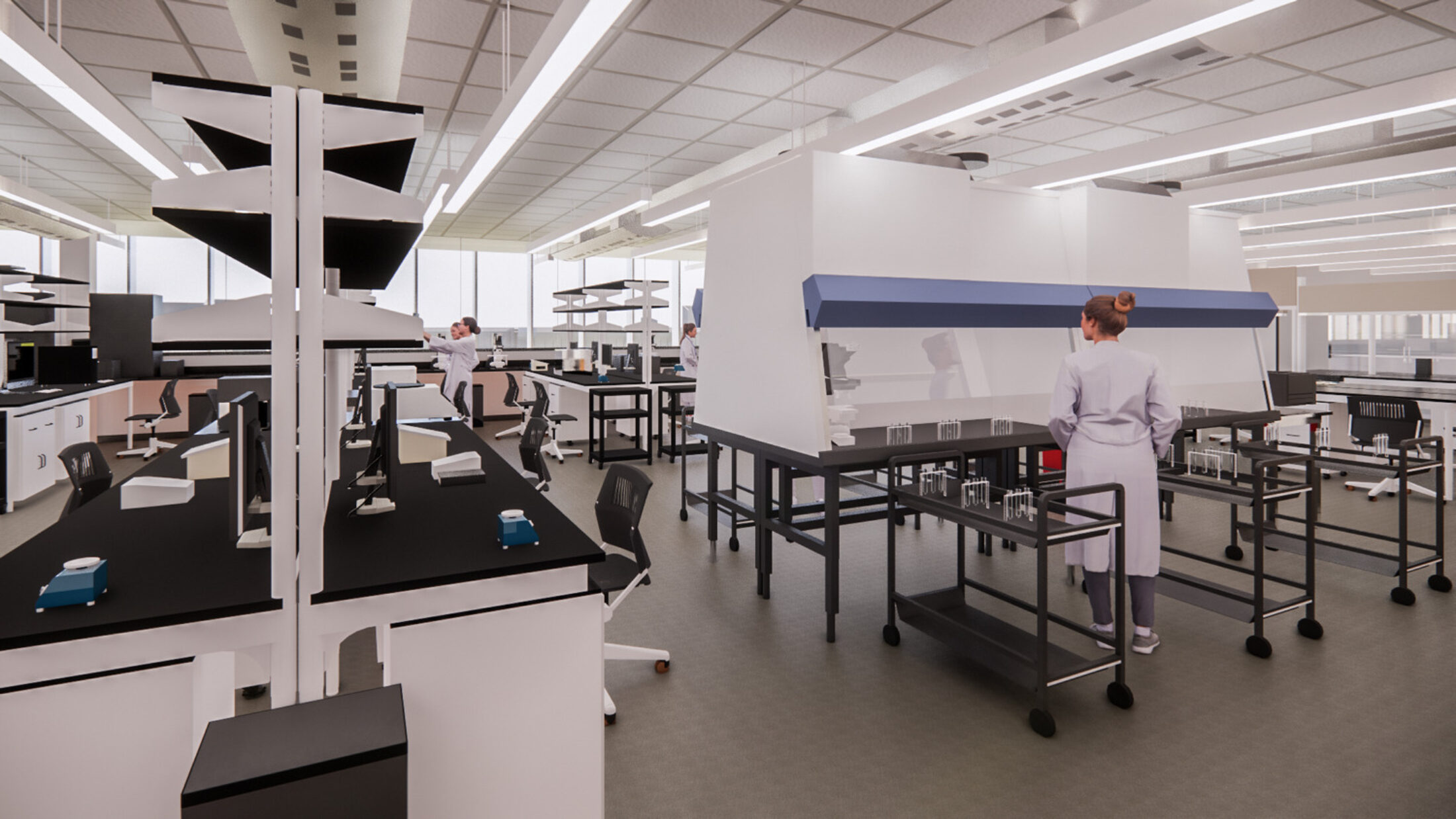Exploring Veterinary Clinical Laboratories in the USA with Pro Tips
Exploring Veterinary Clinical Laboratories in the USA with Pro Tips
Blog Article
When your pet needs laboratorio veterinario indianopolis specialized care, a veterinary laboratory plays a critical role in providing accurate diagnostics and treatment guidance.
From routine screenings to emergency diagnostics, veterinary labs help uncover hidden health issues, confirm diagnoses, and track treatment progress.
Let’s start by understanding exactly what a veterinary laboratory is and why it’s essential in modern animal healthcare.
Understanding Veterinary Labs
A veterinary laboratory is a specialized facility where biological samples from animals—such as blood, urine, feces, or tissue—are analyzed to detect diseases, monitor health, and guide treatment plans.
Some focus on general diagnostic testing for common pets like dogs and cats, while others handle specialized species, such as exotic animals, horses, or livestock.
In the US, veterinary laboratories can operate as standalone diagnostic centers, be integrated into veterinary hospitals, or work as part of nationwide networks.

Understanding Veterinary Lab Diagnostics
Urinalysis and fecal exams help detect infections, parasites, or metabolic issues.
For more specialized diagnostics, veterinary labs offer cytology (examining cells under a microscope), biopsies, hormone level testing (such as thyroid or cortisol), and infectious disease panels.
These tests are essential for early disease detection, accurate diagnosis, and treatment planning.
Finding the Best Local Veterinary Diagnostic Lab
Many vet clinics also have in-house labs for basic tests and refer complex cases to specialized facilities.
Look for labs certified by organizations like the American Association of Veterinary Laboratory Diagnosticians (AAVLD), which ensures high-quality standards.
If you’re a pet owner seeking direct access to a lab for second opinions or advanced testing, contact the lab to understand their intake process—some require referrals, while others accept samples directly.

Standard vs. Emergency Veterinary Laboratories
Knowing when to use each type can make a significant difference in urgent cases.
These labs are often linked to emergency veterinary hospitals and specialize in handling critical cases at any time of day or night.
For non-urgent screenings, wellness panels, or follow-up testing, standard labs are usually sufficient.
Why Veterinary Diagnostics Matter for Your Pet’s Health
While physical exams provide valuable insights, they can’t reveal everything—lab tests uncover hidden conditions, confirm clinical suspicions, and track progress over time.
Blood tests, for example, can detect kidney or liver dysfunction early, allowing for interventions that prolong quality of life.
With the support of a trusted veterinary laboratory, you and your veterinarian can work together to make informed, timely, and effective healthcare decisions.
Final Thoughts on Veterinary Diagnostics
Accurate, timely results help catch problems early, support effective treatments, and give you peace of mind as a pet owner.
By understanding the range of services veterinary labs offer, knowing when to seek 24-hour support, and learning how to find reputable labs near you, you empower yourself to make the best choices for your animal companion.
As veterinary medicine continues to evolve, so do the diagnostic tools available to monitor and protect your pet’s health.
Common Questions About Veterinary Labs
What does a veterinary lab do?
These labs support veterinarians by providing accurate, fast diagnostic information essential for proper care.
Where can I get my pet tested locally?
You can also search online directories or check with veterinary associations to find accredited labs in your area.
How do I know if I need an emergency vet lab?
Always consult your emergency vet to determine the best course of action.
What can veterinary lab tests detect?
These tests help detect infections, organ issues, cancers, and metabolic diseases.
What should I expect to pay for pet diagnostics?
Your veterinarian can provide estimates and help prioritize necessary diagnostics.
Report this page